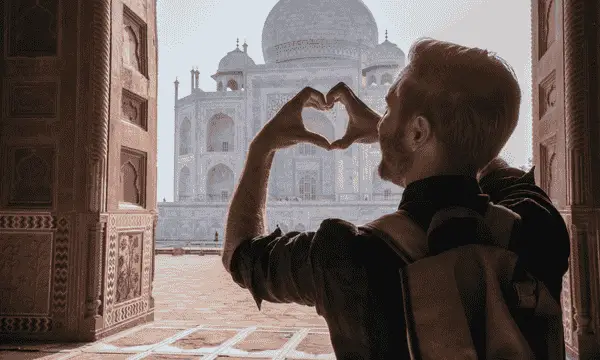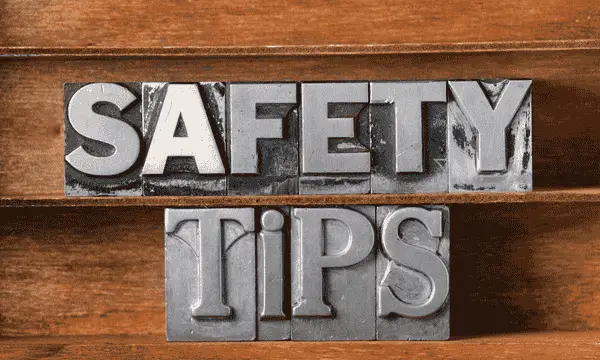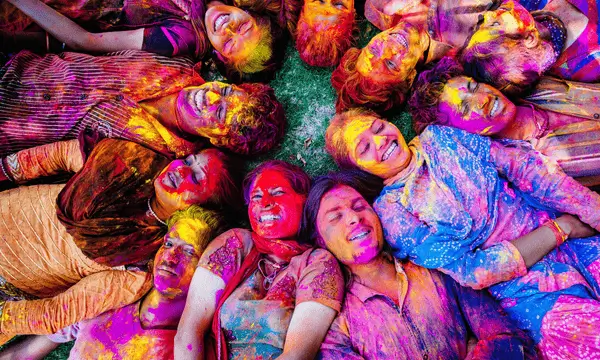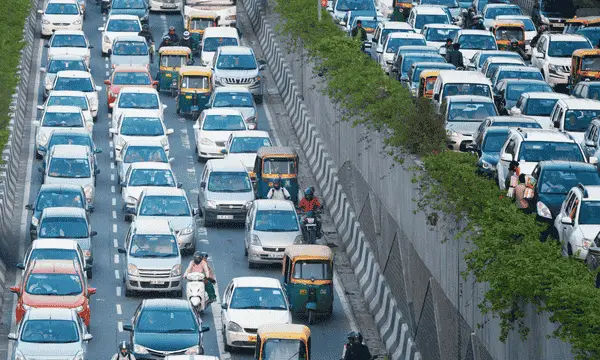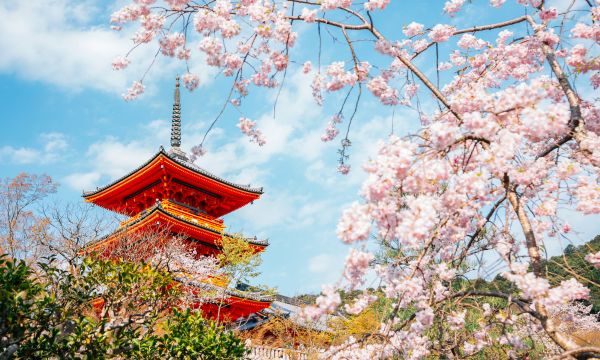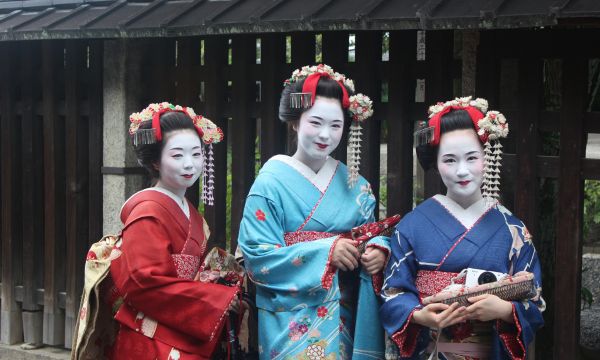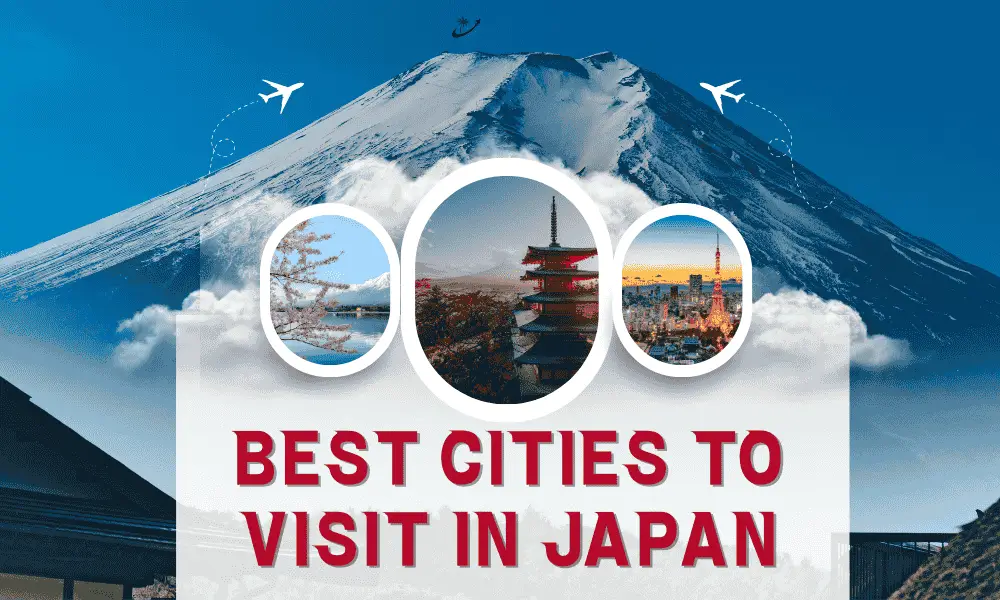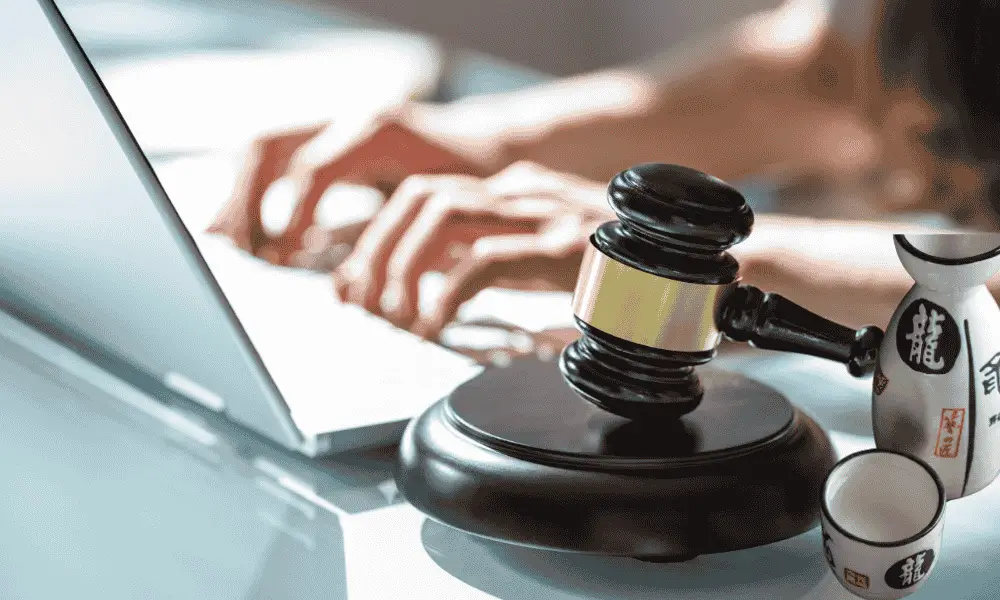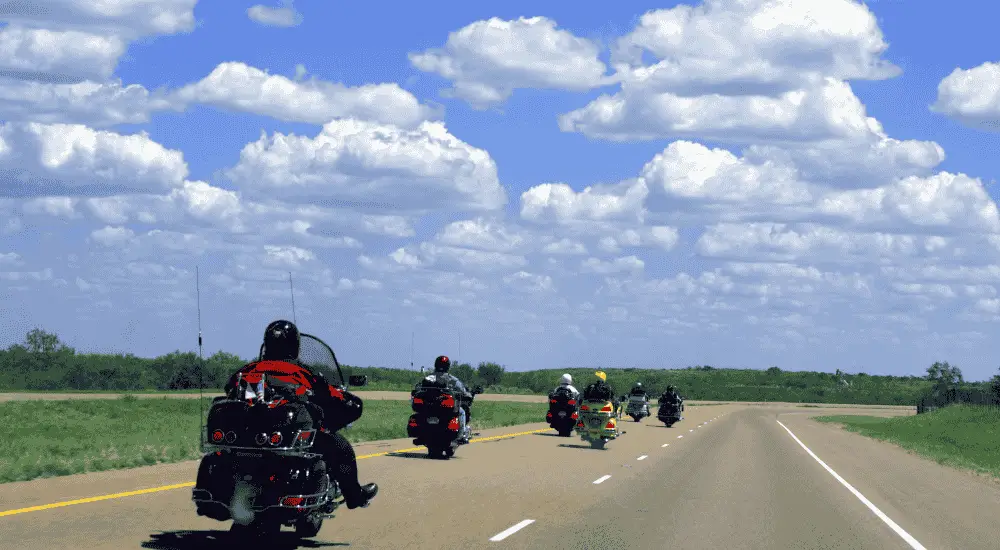Last updated on November 29th, 2024 at 09:19 pm
India, a land of diverse cultures, rich history, and vibrant colors, has long been a top destination for travel to India for seeking new experiences. From the snow-capped peaks of the Himalayas to the serene backwaters of Kerala, every corner of this country offers a unique adventure waiting to be discovered.
The aromatic spices blowing through crowded markets, the intricate architecture of ancient temples, and the warm hospitality of its people create an atmosphere that is both captivating and unforgettable.
As you prepare for your travel to India, it’s important to have an open mind and be ready for the unexpected. This country will undoubtedly challenge your senses in ways you never imagined.
From the noise of sounds on confused streets to the array of flavours that will leave your taste buds craving more. Explore each moment with curiosity and get yourself fully in the rich tapestry that is India’s culture.
Remember that flexibility is key as plans may change at a moment’s notice but lead you on unexpected adventures that will forever stay with you.
Also Read: India travel e-visa for US citizens
Show the relevant content
Toggle- 1. You will definitely need a visa
- 2. Preparing for your trip
- 3. Safety Tips before going out
- 4. Take precautions from malaria
- 5. Ensure Travel Insurance
- 6. Book in advance for busy times and festivals
- 7. Ready to deal with Strangers
- 8. Get Ready to deal with the Beggars
- 9. Accept language barrier
- 10. Learn Local Manners
- 11. Smoking in Public and Consumption of Liquor
- 12. The traffic in large cities can break the most patient person
- 13. Diarrhea is common for Traveler’s here
- 14. Bargaining is important here
- 15. Extreme poverty is common here
- 16. What you should eat and how to eat it
- 17. Show proper behaviour at religious sites
- 18. Photography Tips for Enthusiasts
- 19. Learn some Hindi words to fit in better when in India
- 20. Respect local social manners
- 21. Travel to India for more than just sightseeing
- 22. Street harassment is common
- 23. Things are not same like western culture here
- 24. Make sure to avoid tap water
- 25. Monitor the security situation all time
- 26. Watch local news for updates on natural disaster
- 27. Always carry cash while travelling
- 28. Stay clear from drugs
- 29. Indian street food is delicious
- 30. Watch out for scams
1. You will definitely need a visa
You need to know that most countries require a visa in order to enter that country. One of the first things you need to do is to make sure that you have a visa before travel to India.
There are two types of visa mostly travellers apply. One is an e-visa and another is a normal tourist visa. You must submit your proper documents in order to get Indian visa.
2. Preparing for your trip
Planning for a trip to India involves much more than just booking flights and packing your bags. Understanding the local culture, customs, and etiquette can greatly enhance your experience.
Researching about the destination you’re visiting in India, such as historical sites, famous landmarks, and local cuisines, can help you appreciate the country’s rich heritage even more.
Packing smart is crucial when preparing for your trip to India. Make sure to pack comfortable clothing that respects local dress codes while considering the weather conditions of different regions in India.
It’s also wise to carry important documents like passports, visas, travel insurance details, and emergency contacts in both physical and digital formats for easy access during your journey.
Furthermore, familiarising yourself with basic phrases in Hindi or other regional languages spoken in the areas you plan to visit can go a long way in breaking down communication barriers and showing respect towards locals.
Being open-minded and flexible throughout your preparations will allow you to embrace new experiences and make lasting memories during your travels in India.
3. Safety Tips before going out
Dress comfortably and blend in, avoiding looking like a tourist. There are many expats in India, so a foreign face is common. If lost, ask a uniformed policeman or people nearby for directions.
People in India are very friendly. Avoid poorly lit and empty areas at night. Walk in a group or with another traveller. Use a small digital camera that can be easily put away.
Keep busy from November to February, so it’s better to book affordable accommodation in advance. You can book directly with the venues or use sites like Agoda and MakeMyTrip.
It’s also a good idea to book train tickets early, especially for popular routes. You can book tickets through the government site IRCTC or local sites like 12Go or Cleartrip.
4. Take precautions from malaria
To prevent malaria, talk to your doctor before travelling to India. Some areas like northeastern and eastern India and Mangalore have higher malaria risk.
Protect yourself from mosquito bites to avoid diseases like dengue fever. Use a mosquito net, wear long sleeves and pants in light colours, and use insect repellent with DEET.
5. Ensure Travel Insurance
Travel insurance is important in India. Public hospitals may not have that much good in some areas.
Private clinics and hospitals usually need payment before treatment. Ensure you have coverage for emergency evacuation and any adventure activities.
If you are a victim of crime, contact the local police or call 100 or 112, the national emergency number. You must have the police file a report (FIR) to claim on your travel insurance.
6. Book in advance for busy times and festivals
Traveling in India during busy seasons or festivals can be exciting but also challenging. Booking your trip early is important. It helps you plan your travel around the many events happening around you. Festivals like Diwali and Holi fill cities with color and joy, attracting both locals and tourists. By reserving your accommodations in advance, you ensure a place to stay and increase your chances of finding hotels or homestays that offer special events or local experiences.
Planning ahead lets you choose better locations that may fill up quickly.
7. Ready to deal with Strangers
When you’re in India, it’s exciting to connect with locals and be invited to their home for a meal. In Indian society, many generations often live together. You’ll notice the warmth and hospitality shown towards you.
Most Indians believe that guests are like gods. Keep in mind that not all invitations are equal. It’s safer to accept dinner or lunch invites from educated couples or women rather than men.
If you’re invited on a bus or train, it’s best to refuse unless the person seems educated and from a higher social class.
Avoid accepting food or drinks while travelling, especially on trains, as they could be drugged to rob you while you’re asleep.
8. Get Ready to deal with the Beggars
Beggars can be touching but also annoying if they won’t go away. The Indian government is working to reduce begging by helping beggars find other ways to make a living.
It’s better not to give them money. Instead, you can give them sweets, chocolates, or fruits if you want to help. Avoid talking about their personal background. There are some organizations in India that help beggars.
9. Accept language barrier
In India, most people are Hindus and speak Hindi. In rural areas, few people speak English. Even in big cities, not many people speak English well.
A study found that only 12% of urban residents can speak English. In places like hotels and restaurants, English speakers are more common.
However, it’s not guaranteed that your tour guide will speak good English. It’s helpful to have Google Translate on your phone when visiting India, especially in rural areas.
10. Learn Local Manners
English is widely spoken in cities in India, and even in smaller towns, you can use basic greetings like hello, goodbye, and thank you. In northern India, you can greet people by saying namaste with your hands together in front of your chest.
When meeting Muslims in the north, you can say salaam alaikum and the response is alaikum salaam. It’s more important to make an effort than to worry about perfect pronunciation, so don’t be afraid to try.
In business settings, men often shake hands, but in rural areas, men and women usually don’t shake hands. Always use your right hand when greeting or passing things to others, including money.
If you’re invited to someone’s home, bring a small gift like flowers or sweets and take off your shoes before entering. It’s polite to accept and eat or drink what you’re offered, even if you don’t particularly like it.
11. Smoking in Public and Consumption of Liquor
Smoking and drinking alcohol in public places is not allowed by law. Some people might break this rule, but we suggest you follow it and not do these things. Some fancy hotels and restaurants and clubs have places where you can smoke or drink.
12. The traffic in large cities can break the most patient person
You might think you’re patient and easygoing, but big cities can test your limits. A 15-minute drive back to your hotel turned into over an hour,with constant horns and sudden stops.
Feeling hungry made it worse. A good tip for travelling in India is to carry snacks and headphones to block out the noise.
13. Diarrhea is common for Traveler’s here
Traveler’s diarrhea is common in Asia, especially in India where sanitation is poor and food and water can be contaminated. Locals are used to it, but outsiders like us can get sick. We got sick too.
A good tip for travelling to India is to bring supplements for prevention. We wish we had known about traveller’s diarrhea before going to India so we could have prepared our gut with a probiotic.
We usually use one from Seed, but we didn’t take it regularly before our trip. To help us recover, we used oil of oregano drops, Beekeeper Natural’s Immune Spray, and Sovereign Silver.
These products come in travel-size bottles. If you decide to get any of them, we recommend the oil of oregano the most because it is powerful and works quickly.
14. Bargaining is important here
In India, bargaining for a good price at street markets is common. If you can’t agree on a price, it’s best to walk away politely. The vendor starts with a high price, and you negotiate until you both agree.
Sometimes, walking away can lead to a lower price. Adding more items may get you a discount. Some travelers avoid bargaining at places where artisans sell directly.
15. Extreme poverty is common here
Most people in India live in extreme poverty, surviving on very little money each day. They often live in simple homes or on the streets, spending their time cooking, farming, and selling goods.
We were struck by the sight of women washing clothes in the river in Laitkyrhong, realizing this was their everyday life. Witnessing poverty in Indian cities was eye-opening and evoked various emotions like shock and sadness, but it taught us humility.
It made us appreciate the privileges of realizing how easy our life is. Despite the discomfort of a young girl begging for money in Jaipur, such experiences can offer valuable lessons to visitors in India.
16. What you should eat and how to eat it
Many religions in India have their own food rules. Muslims don’t eat pork, many Hindus avoid beef, and some Hindus and Buddhists are vegetarian.
Jains are vegetarians who avoid certain vegetables and try not to harm any living creatures. Vegan and vegetarian food is common in India.
In many restaurants, people eat with their hands, especially in southern India. Follow others and use your right hand.
Use your fingers to mix rice and curry into balls and eat with your thumb. Some restaurants serve it on a banana leaf instead of a plate.
17. Show proper behaviour at religious sites
Religion is very important in India, so it’s good to know the rules for visiting temples, mosques, monasteries, Sikh shrines, synagogues, and churches.
Check if you can enter, as some places may be closed to those who don’t follow the faith. Mosques might be closed during prayers or on Fridays.
Take off your shoes and cover your head with a scarf before entering. Wear clothes that cover your legs and arms. Some temples don’t allow leather goods or photography.
Avoid pointing your feet at people or deities, and don’t touch anyone’s head. Walk around Buddhist and Hindu shrines clockwise. It’s common to make an offering, but you don’t have to give large amounts.
18. Photography Tips for Enthusiasts
Some temples and religious places don’t allow photos inside, but you can take pictures outside. If unsure, ask before snapping. If you want a photo with locals, they might be happy to pose, but ask first, especially with women.
Look for signs saying no photography. Most monuments in India allow cameras for free, but some may charge a small fee. Your guide will tell you about this. Tripods usually need permission before being used in monuments.
19. Learn some Hindi words to fit in better when in India
Hindi is the most common language in the northern and western parts of India. Other widely spoken languages in India include Bengali, Gujarati, Kannada, Malayalam, Marathi, Oriya, Punjabi, Tamil, and Telugu, but they are specific to certain regions. Here are a few Hindi words to help you blend in.
✔ Aap kaise hai: How are you?
✔ Mai thik hu: I am fine
✔ Aap se milke khushi huyi: Nice to meet you
✔ Aap ka naam kya hai: What’s your name?
✔ Mera naam hai ___: My name is ___
✔ Aap kaha se hai: Where are you from?
✔ Kya aap meri madad kar sakte hai: Can you help me?
✔ Mai ____ se hu: I’m from ____
✔ Aap kaun hai: Who are you?
✔ Ye kitnay ka hai: How much is this?
✔ Daam kam karo: Lower the price
✔ Station kaha hai: Where’s the station?
✔ Bus stand kaha hai: Where is the bus stand?
✔ Toilet kaha hai: Where is the toilet?
✔ Ye kya hai: What’s this?
✔ Mujhe ye kharidna hai: I want to buy this
20. Respect local social manners
In India, it’s important to respect local social manners. Elders are highly regarded, and are often called auntie or uncle as a sign of respect.
In smaller towns, there are strict rules about interactions between unmarried men and women. Same-sex relationships are not widely accepted in most parts of India, so it’s best to avoid showing affection in public.
21. Travel to India for more than just sightseeing
India is a diverse land with different cultures, religions, and landscapes. Experience the hospitality of the locals, visit traditional markets, and try unique cuisine.
Explore the history and religious festivals like Holi and Diwali. Engage with the friendly people and be prepared for personal questions. Marvel at the ancient architecture and enjoy the aroma of spices.
Experience the country firsthand to understand why it’s called Incredible India. If you encounter any issues, contact your travel expert for assistance.
22. Street harassment is common
Street harassment is common, especially in parts of India where women’s safety is a concern.
It can range from staring and unwanted conversations to more serious assaults like groping in crowded places, especially during festivals.
To stay safe, be cautious and alert. Avoid getting into taxis or auto rickshaws with anyone other than the driver, and don’t walk alone in quiet areas, especially at night.
Say no to offers of food or drinks from strangers. When using public transport, look for train carriages and seats reserved for women.
Wearing a wedding ring, even if you’re not married, and using sunglasses and headphones can help you maintain privacy. If someone bothers you, draw attention to the situation to get help from others.
23. Things are not same like western culture here
In India, things may not be like what you’re used to in the Western culture. Hygiene, privacy, timeliness, and service may not be up to your standards.
Locals might stare, public transport can be late, and hotels in remote areas may have limited food options and lower cleanliness. Remember you’re in India, not at home. Explore the country’s charm and beauty, and you’ll enjoy your visit more.
24. Make sure to avoid tap water
Avoid tap water in India as it is not safe to drink. Drinking or using it for brushing your teeth can lead to stomach problems, which is a common issue for tourists in India.
Instead, drink purified or bottled water, or purify your own to reduce plastic waste. Be careful with ice in drinks and ice cream, as well as uncooked foods like salads and coriander chutneys that may have been washed with contaminated water.
Stick to fruits that you can peel or wash thoroughly, and be cautious with freshly prepared juices. Hot drinks like chai are usually safe to drink.
25. Monitor the security situation all time
Monitor the security situation in India, as there have been attacks by various groups. Stay updated with local news and be vigilant, especially near tourist spots.
Check the security status before going to Srinagar and Kashmir Valley to avoid unrest. Avoid strikes, protests, and demonstrations to stay safe.
Follow local curfews and stay indoors if there is trouble. Your hotel is the safest place to be.
26. Watch local news for updates on natural disaster
Watch local news for updates on natural disasters in India, especially in areas like Himachal Pradesh where flash floods and landslides occur during the monsoon.
Stay alert to signs of disasters and avoid risky areas. Check the Indian Meteorological Department’s website and social media for updates.
If a disaster strikes, follow emergency workers’ advice and leave the area promptly.
27. Always carry cash while travelling
Always carry cash when you travel. Most of the Taxis, shops, and small local restaurants usually only take cash. Make sure to have at least 3000 to 4000 Indian rupees with you to avoid any problems.
28. Stay clear from drugs
Avoid drugs in India as the laws are strict. Possessing even a small amount of drugs for personal use can result in a prison sentence.
Certain religious groups can use marijuana for ceremonies, but tourists usually can’t. However, tourists can buy bhaang, a cannabis leaf mixture, from government-approved shops.
29. Indian street food is delicious
Indian street food is delicious with a wide variety of options. The flavours and dishes vary depending on the region.
For example, West Bengal has spicy dishes like mutton curry, while East India uses dairy, rice, and vegetables with less flavour.
Be cautious where you eat to avoid traveller’s diarrhea. Ask your guide for recommendations or visit popular spots.
30. Watch out for scams
Watch out for scams in India, especially when you are a tourist. Be cautious of people who try to help you without being asked, as they may be trying to get a commission.
Always verify information yourself, especially if someone tells you a place is closed. Be careful of deals that seem too good to be true, like the gem scam where tourists are tricked into buying fake gems.
Conclusion
In conclusion, travelling in India believes in responsible travel. We aim to show you the best of India while keeping you safe. We care about the impact of tourism on nature.
We focus on connecting with local communities and businesses to support the local economy. Try to avoid using plastic and use biodegradable detergents and soaps when possible.aluables like extra cash, documents, and jewellery in the hotel safe. Wear your backpack in front and keep your purse behind you with the opening facing your body to prevent pickpocketing.
Write down your hotel’s name and address in a notepad for taxi drivers. Take your time to explore each location in India, as everything has a history. Communicate with locals when you can.
Politeness may not always be understood the same way in India, especially with less educated individuals like waiters and drivers. Be confident and clear in your communication, without being rude.

